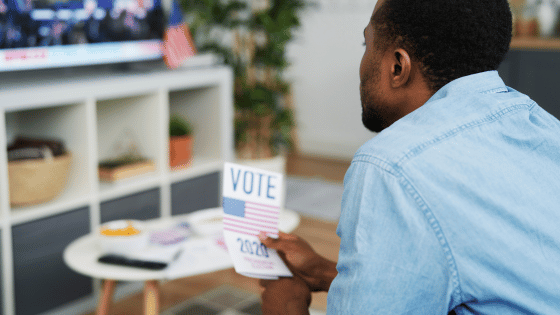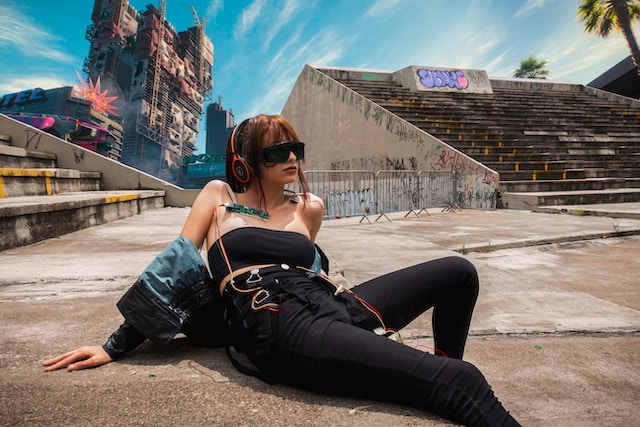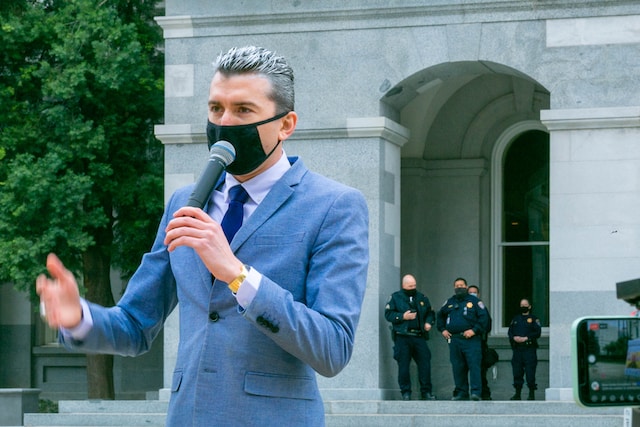City Rules, Bright Nights: How Local Enforcement Shapes the Spirit of Gangnam U&Me

If you want to see rhythm, color, creativity, and nightlife all fused as one, a night out at Gangnam U&Me (강남 유앤미) will surely provide you with all of that—and then some. To some, the electric ambience filled with lively beats is the epitome of the distinctly South Korean Seoul life that one aspires to experience.
To others, not so much. That is, for the local government and authorities, the massive exportation of vibrant electricity and beats within Gangnam U&Me is all a reflection of the local government’s control. These policies, often unobtrusive in the eyes of the patrons, determine the social and cultural construct of the Seoul region.
Business proprietors, as opposed to visitors, first and foremost, prioritize entertainment. However, the level of adherence to local government policies and enforcement will significantly influence many aspects.
Everything to do with venue user traffic, the length of time the venue operates, and the all-important element of safety as it relates to the surrounding village. The Seoul region masterfully juxtaposes cultural nightlife with enforcement of local regulatory frameworks in a manner that is wholeheartedly admirable.
Nightlife Experience Management/Policies
Unlike other local government units, the Seoul local government enforcement policies do not stop at regulations. There is an element of local governance that allocates a lateral “mood setting” role. They make certain that all the clubs and bars within a certain district adhere to the safety net regulations ‘Public Safety in Clubs’ and other limbs of the Safety Act.
The Republic of Korea’s balance is unconcerned with who “carries the burden of control” and its duties. As it stands, while there are rules that in the eyes of others may seem like total restriction, these self-imposed rules aid in prolonged survival over the long term.
Government policies play a key role in regulating entertainment activities. In the case of Gangnam, resident conflict complaints are dealt with with relative ease, tourist experiences are more welcome, and the District provides residents with improved amenities in return. In venues like the Gangnam U&Me, in the heart of the entertainment district, local policies enhance the enjoyment of patrons while ensuring responsibility.
ALSO READ: The Politics of Wellness and Order in Gangnam Jjeom-O
Partnerships, Not Conflict
Policing, viewed as a hindrance in the eyes of the law, paid off for a number of business owners. In a collaborative effort, nightlife venues and the city government work together to promote community outreach programs, responsible beverage consumption, and energy-saving policy campaigns. This type of collaboration promotes a sense of place in the business ecosystem.
Gangnam, in return, has also streamlined certain local government activities and reduced unnecessary paperwork for small businesses by allowing online permit applications and simplified compliance monitoring. This has displaced small local businesses by increasing efficiency, increasing compliance, and local business capture. The shift activities continue to enhance the area’s appeal for foreign and domestic tourists.
The Outlook for the Future of Controlled Nightlife
The relationship between the enforcement of policies and entertainment activities in Seoul is rapidly changing to meet the world’s international standards and changing societal norms. The case of the Gangnam U&Me venue illustrates that meeting existing legal compliance requirements does not stifle innovation. In a competitive market, such a venue is more likely to gain trust and achieve long-term sustainability.
An intersection of policies and passions culminating in a prosperous nightlife culture. Locally enforced governance, when blossomed firmly and uniformly, does not close the lights but helps them shine to their fullest, responsibly.















